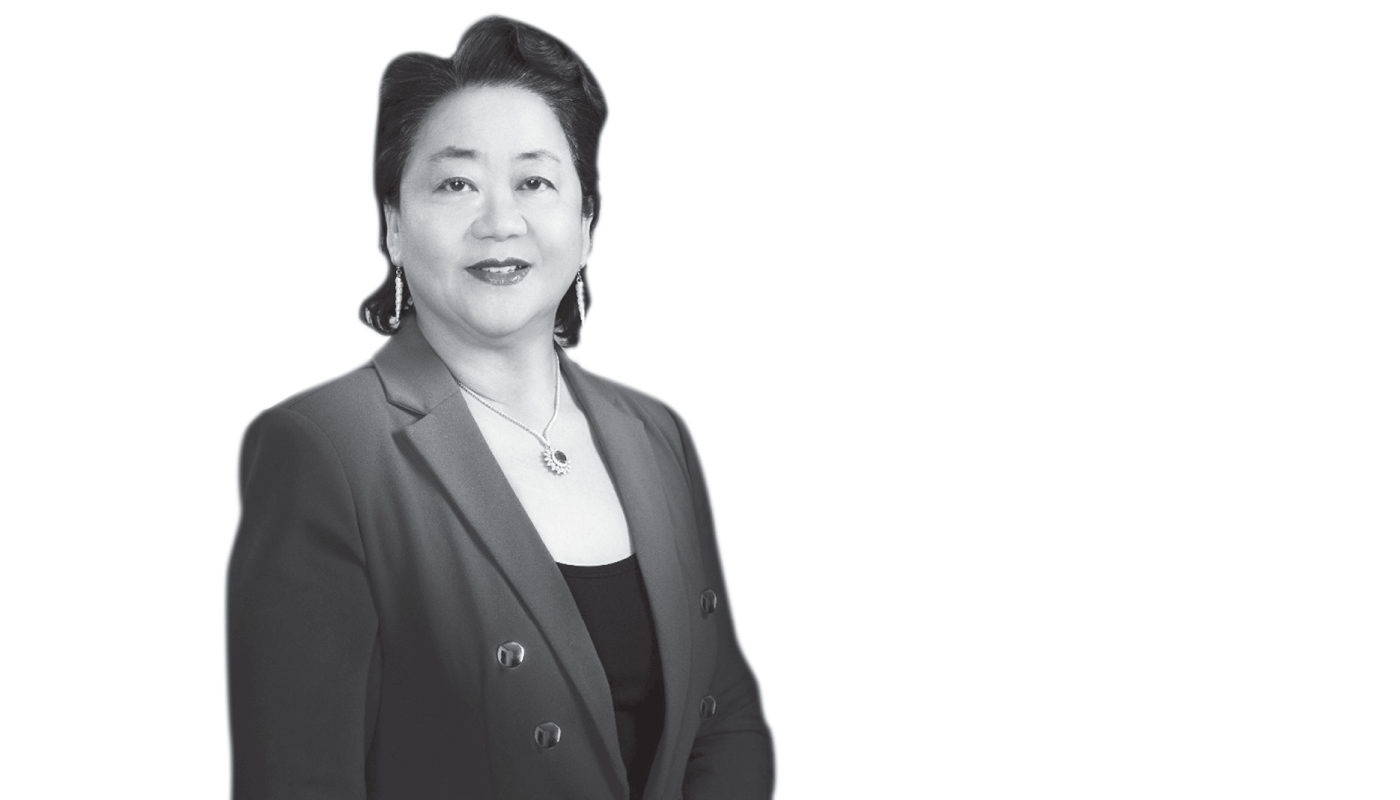
Last March, in the early stages of the pandemic, the AAO chose to issue an edict nationwide to immediately cease all elective surgeries. The order was issued regardless of the geographic location of the practice, the rate of COVID-19 cases in the community, or the judgement for the physician. As a result, millions of patients ceased receiving ophthalmic care. At that time, there was a grand total of seven COVID-19 deaths in our community, all in patients over 70, mostly nursing home residents. Now, months later, we are in an even bigger wave of the pandemic and we now see the profound effects of that nationwide shutdown, yet the AAO does not appear to have a single moment of introspection to the full effects of its blanket edict.
We in private practice often feel that the AAO represents Ivory Tower ophthalmologists who enjoy the financial security of a university or publicly-funded practice while the rest of us in private practice simply earn as much as we work. The nationwide, blanket edict disproportionately affected thousands of private practice ophthalmologists who have suffered profound financial losses, some of whom will never recover.
And it’s not just ophthalmology that has lost its way because of sweeping decisions “from the top.” Hospitals have lost billions thanks to a lack of elective procedures; some local hospitals have had to fire 20 percent of their staff, including surgical nurses and employed physicians. I know of many rural hospitals that will probably shut down, causing loss of healthcare access to millions of Americans – many of them farmers. During the pandemic, millions of patients lost their healthcare and suffered unforgivable delays. One example is a vibrant young woman I knew; she lost her life because a lesion on her skin – that did not get biopsied for four months – turned out to be a rare skin cancer that had already metastasized to her lymph nodes and liver. She is the tip of the iceberg – an unsung casualty of taking the easy rather than the well considered route.
As we begin 2021, I am still perplexed as to why there was a blanket edict to begin with. Presumably, it was to free up ventilators for the anticipated millions of COVID-19 patients. But cataract surgery requires no ventilators and these millions of COVID-19 patients never came to our rural community. Shutting down all cataract surgery in our community in Illinois did not save a single life in New York. Instead, it profoundly hurt the people, hospitals, and practices in our community and, to date, we have not even received an apology or even an acknowledgement from the AAO that their edict, which has no basis in science, caused harm to their members, their staff, and patients. It would have been proper to have at least consulted with the membership before issuing such an unprecedented edict and to have checked local transmission rates; perhaps we could have individually tailored these restrictions according to COVID-19 rates or geographic location. Instead, we were ordered to obey.
It is important to stress that the AAO does not belong to the leadership, it belongs to its members. I have been a member for over 30 years and, in my opinion, the Association did a huge disservice to some of its members. I strongly urge the leadership of AAO to at least recognize this, to welcome feedback, and to include more private practitioners in their decision making in the future. Maybe it is time for the AAO leadership to listen more and command less.
